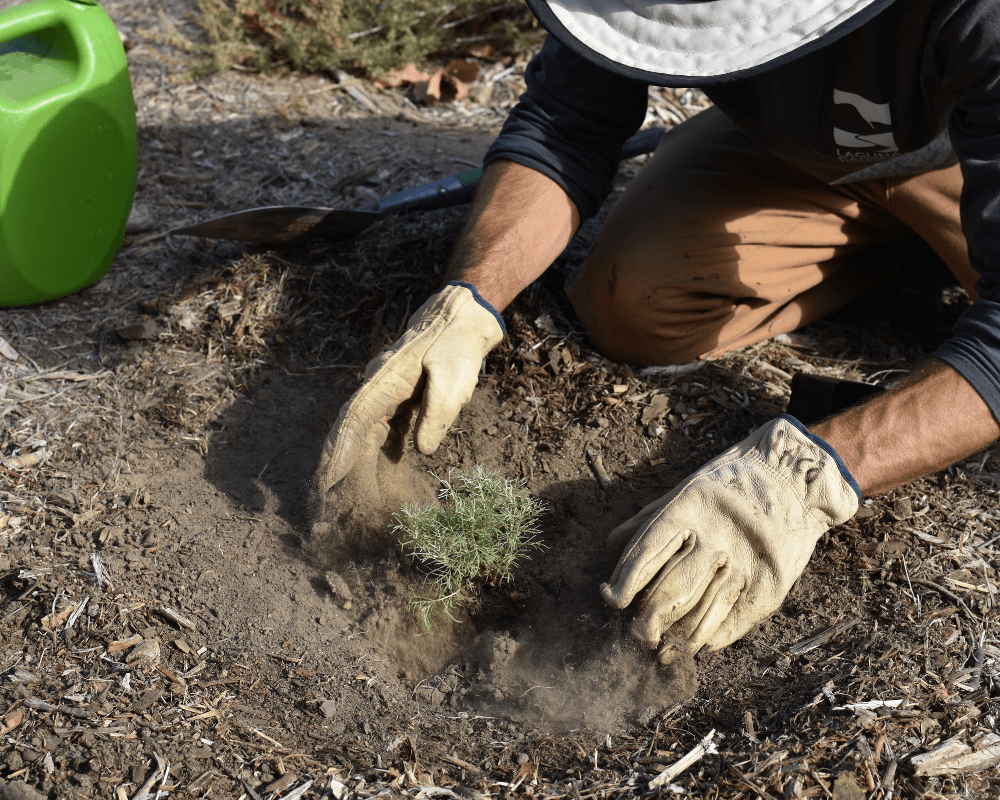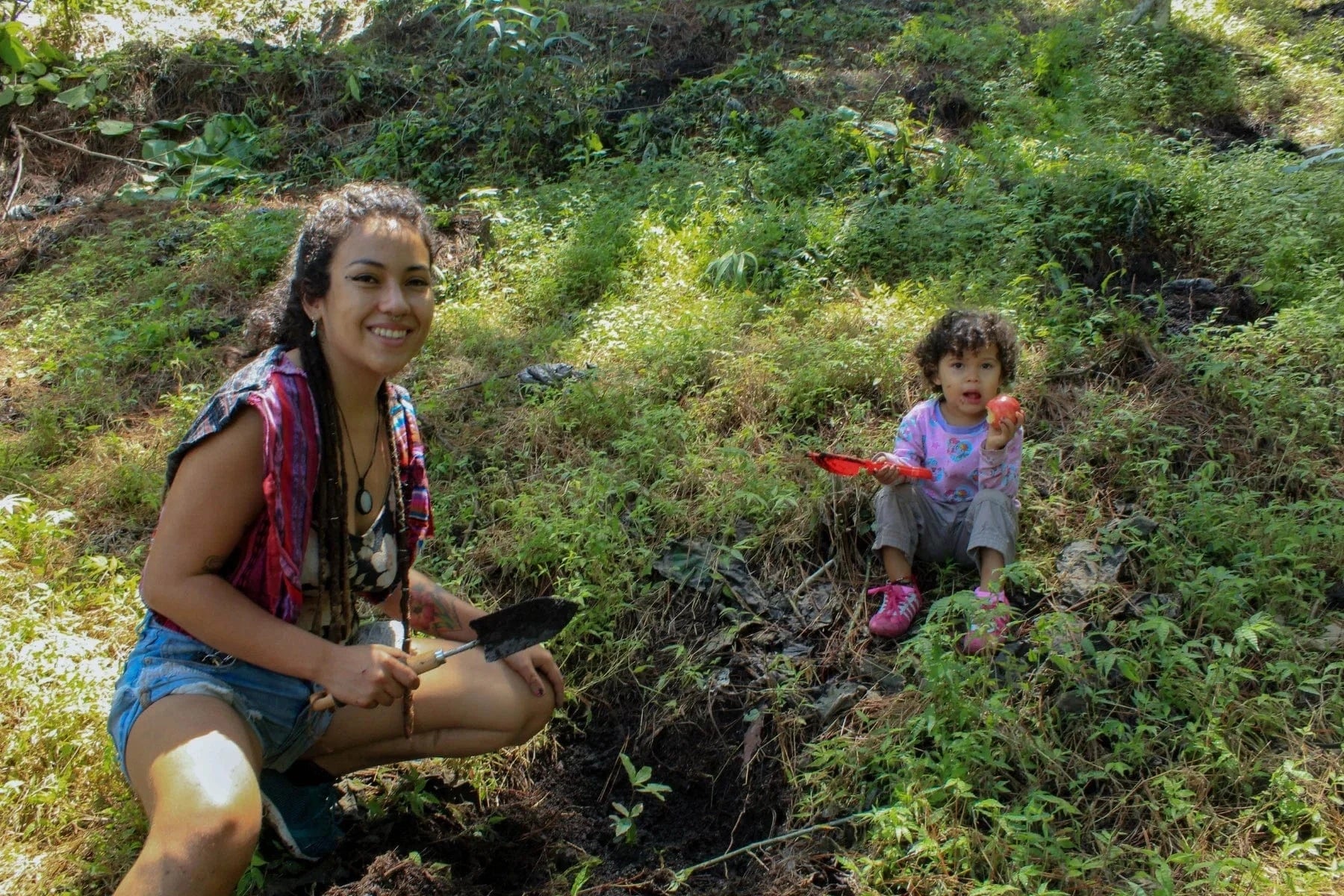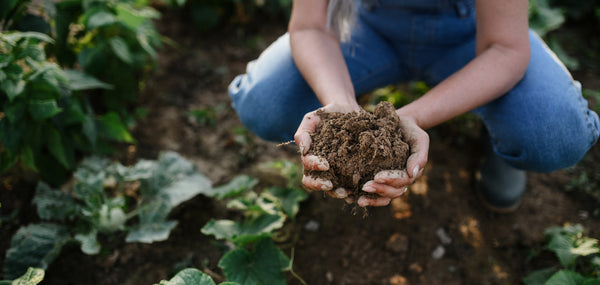
Get news, updates, & event Info delivered right to your inbox:
Nourishing communities through regenerative farming and agroforestry
Many farmers and landowners are reevaluating what it means to care for and provide for their land. Land management is turning from simply making a profit to nourishing communities through methods that nurture and help sustain the land.
One of the best approaches to sustainable land management is regenerative farming. Regenerative farming is an approach that involves looking at how all aspects of agriculture are interconnected and the role they play in the surrounding ecosystem. Regenerative agriculture is a philosophy that asks us to look at how farming can help nourish people rather than simply seeing a supply chain.

What is Regenerative Farming?
Regenerative farming is a more holistic approach to the traditional farming method, meant to help restore soil and ecosystem health, address inequalities, and leave the land and surrounding areas in better shape for the future.
To address issues in conventional agriculture systems, regenerative farming is based on key principles: nurture relationships, prioritize soil health, reduce reliance on pesticides and chemical fertilizers, and nurture communities while helping to impact local economies.
With these principles, the aim of regenerative farming is to produce healthy foods to nourish communities while prioritizing relationships and caring for the land. This farming approach also helps to address the long-standing inequalities and social injustices that are historically prevalent in agriculture. The care and attentiveness that farmers who practice regenerative agriculture show is an important step towards healing the systemic discrimination that is present within this field.
The ecological benefits of regenerative farming are also important to note. Not only are healthier crops yielded from this farming method, but the land quality is also improved thanks to increased soil health and fertility, supporting biodiversity, reducing water pollution, and increasing soil water-retention.

What is Agroforestry?
Similarly to regenerative farming, sustainable agroforestry aims to improve lands and ecosystems by planting crop-producing trees.
Agroforestry intentionally integrates trees and other shrubs to help farming systems improve their environmental, economic, and social benefits. Much like regenerative agriculture, agroforestry helps to create diverse and resilient ecosystems.
There are several types of agroforestry, including forest farming, silvopasture, and alley cropping. Each of these types utilizes the benefits of trees in specific ways, from pairing them with livestock to planting crops under tree canopies.
These systems offer numerous environmental, social, and economic benefits by adding trees to agricultural landscapes. Agroforestry promotes soil health, biodiversity, and climate resilience — and provides farmers with resilient and diversified income.

How Are They Different?
Regenerative farming includes many methods, from no-till farming to cover cropping and agroforestry. The basic ideologies of both regenerative farming and agroforestry are similar. In fact, agroforestry is considered a type of regenerative farming.
Other regenerative farming methods provide landscape solutions suited to different ecosystem types, and they help sustain the land for generations to come, leaving it better than they found it. They also help to create sustainable crops that provide nourishment to communities around the world.
With regenerative agriculture and sustainable agroforestry, farmers are empowered to generate income from crops while keeping forests healthy and alive. Want to help local communities and ecosystems? Make a difference by planting trees today!
